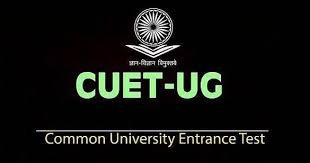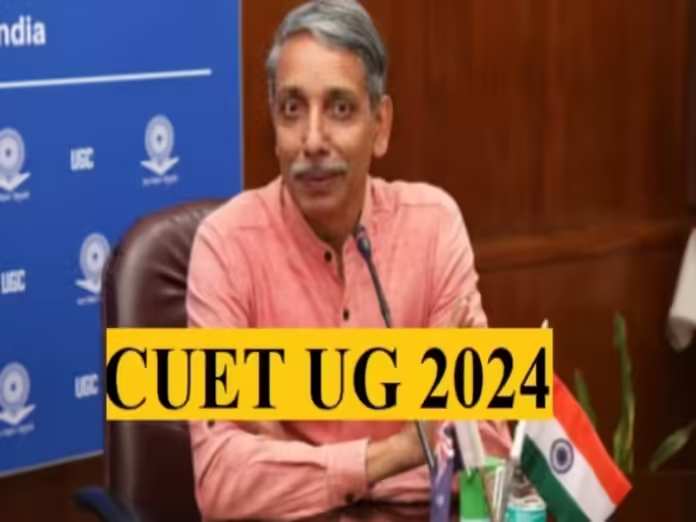UGC Chief said in a statement that generalization of marks will be abolished in CUET-UG and NET from this year.
University Grants Commission Chairman Jagdish Kumar has announced changes regarding the Combined University Entrance Test-Undergraduate (CUET-UG) and National Eligibility Test (NET) exams. He stated that the practice of generalizing marks in these exams will be abolished starting from this year. Kumar clarified that there will be no need for generalization of marks as both examinations for a subject will be conducted in the same shift. This move aims to streamline the examination process and ensure fairness in the evaluation of candidates’ performance.

What is generalization?
Generalization, or normalization, is indeed a process used to adjust the marks of students to make them comparable across different sessions of an examination. This becomes necessary when the examination for the same subject is conducted in multiple sessions, each with different question papers. Normalization ensures fairness by accounting for variations in the difficulty level of different question papers and maintaining consistency in the evaluation process.
Students have raised concerns about the normalization of marks, particularly when it affects their performance in the examination. It’s essential to address these concerns and ensure that the normalization process is transparent, fair, and does not unduly impact students’ results. The decision to abolish generalization of marks and conduct both examinations for a subject in the same shift aims to address these concerns and simplify the evaluation process for students appearing for CUET-UG and NET exams.
‘Will be able to conduct exams in a single day’
The UGC chief highlighted the changes in examination procedures, stating that previously, exams for a single subject had to be conducted over two or three days to accommodate as many students as possible at their preferred exam centers. However, this year, the adoption of the OMR (Optical Mark Recognition) system has allowed for a larger number of exam centers to be selected. With schools and colleges available across India, exams can now be conducted nationwide on a single day. This change in approach aims to streamline the examination process, increase accessibility for students, and facilitate the conduct of exams in a more efficient and centralized manner.
When is generalization needed?
Kumar emphasized that if examinations for the same subject are conducted on multiple days, the process of generalization becomes necessary. He described generalization as a scientific method aimed at ensuring fairness and consistency in evaluating students’ performance across different exam sessions. This statement underscores the importance of adopting standardized procedures to maintain the integrity of examination results, particularly when exams are conducted over multiple days to accommodate a large number of candidates.
It appears that there have been significant changes in the arrangement for conducting important examinations like CUET-UG and UGC-NET.
For CUET-UG, the examinations will be conducted from May 15th to May 24th. There has been a change in the format, with the traditional pen and paper-based examination being retained for 15 subjects, while an online examination will be conducted for 48 subjects. This change in format aims to modernize the examination process and provide greater flexibility for candidates.
Similarly, for the UGC-NET exam, there has been a shift from the computer-based test (CBT) format to the pen and paper mode. The exam, which is scheduled for June 16th, will be conducted in the traditional pen and paper mode. This change may have been implemented to address any concerns or challenges associated with conducting the exam in the CBT format.
Overall, these changes reflect efforts to adapt examination procedures to meet the evolving needs and preferences of candidates while ensuring the integrity and fairness of the examination process.




